Fortifying Your Framework: How Nutrition Builds Stronger Bones
The human skeletal system, a marvel of biological engineering, provides structural support, protects internal organs, and anchors muscles to facilitate movement. Yet, much like the foundation of a house, bones require proper maintenance to preserve their strength and integrity. Central to this upkeep is nutrition, with certain nutrients playing pivotal roles in bone health and development. In understanding the synergistic relationship between diet and the skeletal system, individuals can make informed choices to support a robust frame throughout their lifespan.
Calcium: The Cornerstone of Bone Health
Among the pantheon of bone-friendly nutrients, calcium reigns supreme. This mineral is the primary building block of bone tissue and is essential for maintaining bone density. The body's need for calcium is so vital that if dietary intake is insufficient, it will leach calcium from bones, which serves as a reservoir, leading to weakened structures and an increased risk of fractures. The daily recommended calcium intake varies by age, gender, and life stage, with adults aged 19-50 requiring approximately 1000 mg per day, and women over 50 and everyone over 70 needing 1200 mg.
The best dietary sources of calcium include dairy products like milk, cheese, and yogurt, as well as fortified plant-based milks, leafy green vegetables, and certain types of fish such as sardines and salmon. It's important to note that the body's ability to absorb calcium is influenced by the presence of other nutrients and factors, which brings us to the critical role of vitamin D.
Vitamin D: The Sunshine Catalyst
Vitamin D, often dubbed the "sunshine vitamin," is paramount in facilitating calcium absorption. Without adequate vitamin D, the body cannot absorb calcium from the diet, rendering even high intake ineffective for bone health. Moreover, vitamin D is involved in bone growth and remodeling—a natural process where bone tissue is continuously broken down and rebuilt.
Most individuals can meet their vitamin D needs through exposure to sunlight, as the skin synthesizes the vitamin upon contact with UV rays. However, factors like geographic location, skin pigmentation, sunscreen use, and lifestyle can impede this natural production. Thus, dietary sources such as fatty fish, egg yolks, liver, and fortified foods, along with supplements, become necessary for many people, especially during the darker months or for those who have limited sun exposure.
The Interplay of Phosphorus, Magnesium, and Vitamin K
Phosphorus, another mineral abundant in the body, works hand-in-hand with calcium to bolster bone strength. This tandem is so interrelated that about 85% of the body's phosphorus resides in the bones and teeth. Good sources include protein-rich foods like meats, nuts, and dairy, as well as whole grains and legumes.
Magnesium's role in bone health is multifaceted. It contributes to the bone's structural development and is involved in converting vitamin D into its active form, which, as mentioned earlier, is crucial for calcium absorption. Green leafy vegetables, nuts, seeds, and whole grains are excellent sources of magnesium.
Vitamin K, particularly K2, plays a significant role in bone metabolism. It is involved in the synthesis of osteocalcin—a protein that binds calcium to the bone matrix. This vitamin is found in fermented foods, such as cheese and natto, as well as in leafy greens, and it works as a team with vitamin D to maintain bone density.
The Micronutrients: Zinc, Copper, and Boron
While macro-minerals like calcium and phosphorus may dominate the conversation about bone health, trace minerals such as zinc, copper, and boron also deserve attention. Zinc is key for the formation of bone-building cells and the prevention of excessive bone breakdown. Copper assists in cross-linking collagen and elastin, vital for maintaining bone strength and elasticity. Lastly, boron is linked to the efficient use of calcium and magnesium in bone development. A variety of foods like shellfish, nuts, seeds, and fruits provide these micronutrients.
Protein: The Scaffolding of Bone Tissue
Often overshadowed in the context of bone health, protein represents roughly half the volume of bone and about one-third of its mass. Amino acids, the building blocks of protein, are crucial for the production of collagen, the fibrous part of bone that provides a framework for mineral deposition. However, the relationship between protein intake and bone health is complex, with studies suggesting both beneficial and detrimental effects depending on overall diet quality and protein sources.
Plant-Based vs. Animal-Based Nutrition
The difference between plant-based and animal-based sources of these bone-essential nutrients is a matter of ongoing investigation and debate. Some research suggests that the body may absorb minerals like calcium more efficiently from dairy products than from plant sources. However, a well-planned plant-based diet that includes a variety of vegetables, fruits, nuts, seeds, legumes, and fortified foods can also support bone health.
In conclusion, a well-rounded diet rich in calcium, vitamin D, phosphorus, magnesium, vitamin K, and protein is integral for maintaining strong, healthy bones. As research continues to evolve, so does the understanding of how best to nourish the skeletal system. Stay tuned for the second part of this article, where we will explore lifestyle factors that intersect with nutrition to impact bone health, dietary patterns for optimal bone integrity, and strategies for managing bone health at different life stages.Lifestyle Synergies: Enhancing Bone Health Through Diet and Beyond
While nutrition forms the bedrock of bone health, other lifestyle factors interplay with diet to either fortify or undermine the skeletal system. In the spectrum of bone care, physical activity, particularly weight-bearing exercises, acts as a strong ally in bone density maintenance. Resistance training and activities that force you to work against gravity, such as walking, running, and dancing, stimulate bone formation and slow down bone loss. Additionally, balance and flexibility exercises can reduce the risk of falls, which is crucial for preventing fractures, especially in the elderly population.
Avoiding bone-depleting habits plays a vital role in ensuring that nutritional efforts are not in vain. Smoking, excessive alcohol consumption, and high caffeine intake can interfere with the body's ability to absorb and retain bone-building minerals, and are associated with an increased risk of osteoporosis.
Dietary Patterns for Peak Bone Mass
Achieving peak bone mass during the first three decades of life is an investment in one's future skeletal health. A balanced diet abundant in the previously discussed nutrients is essential during these formative years. It's also the phase where engaging regularly in physical activities can significantly influence the strength and density of bones later in life.
In older adulthood, bone health management may require dietary adjustments. With age, the digestive system's efficiency in absorbing nutrients may diminish, prompting a need for higher intakes or supplementation. Moreover, hormonal changes, particularly the reduction of estrogen in postmenopausal women, can accelerate bone loss. In such cases, dietary adjustments, alongside medical guidance on hormone replacement therapy, can be integral to bone preservation.
Strategies for Lifelong Bone Health
A thorough approach to maintaining bone health involves regular screenings and calcium & vitamin D levels monitoring. Here are some key strategies for supporting bone health throughout different stages of life:
-
Young Adulthood
: Emphasize calcium-rich foods and vitamin D synthesis through moderate sun exposure or dietary sources. Engage in regular physical activity that includes strength training.-
Middle Age
: Continue to prioritize a well-rounded diet and add bone density screenings to your healthcare regimen, especially for individuals with risk factors for osteoporosis.-
Postmenopause/Senior Years
: Consult healthcare providers for appropriate supplementation, focusing on calcium, vitamin D, magnesium, and vitamin K2. Maintain physical activity with a tailored exercise plan that respects any mobility limitations.The Osteoporosis Prevention Diet
Diet can be a powerful tool in preventing osteoporosis. A dietary pattern that combines all the essential bone-health nutrients with a balanced ratio of macronutrients is ideal. The Mediterranean diet, for instance, is rich in fruits, vegetables, nuts, legumes, and whole grains, which provide a plethora of the vitamins and minerals necessary for bone health. Olive oil, a staple in this diet, is a source of healthy fats that can facilitate the absorption of fat-soluble vitamins like vitamin D and K.
Additionally, consuming foods rich in antioxidants can combat inflammation, which has been linked to bone density loss. Omega-3 fatty acids found in fatty fish, flaxseeds, and walnuts are also known for their anti-inflammatory properties, further supporting the skeletal system.
In Conclusion
The intersection of nutrition and lifestyle is key to building and maintaining strong bones. A balanced diet rich in bone-friendly nutrients, paired with a healthy lifestyle that includes physical activity and avoidance of harmful habits, lays the foundation for a robust skeleton that can support you throughout all stages of life.
As science moves forward, personalized nutrition and lifestyle interventions may play an increasingly significant role in bone health management. Tailored prevention and treatment plans that account for individual risk factors, genetic predispositions, and life circumstances could revolutionize how we approach bone health in the future.
For now, the universal prescription stands: nurture your bones through mindful nutrition and active habits to support a strong and active life.




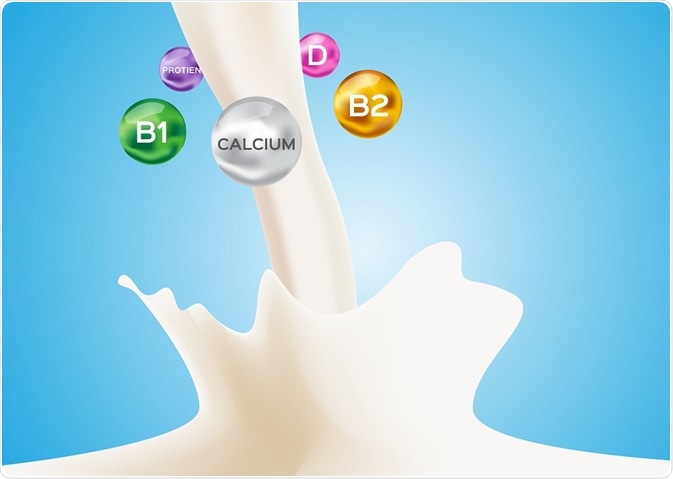
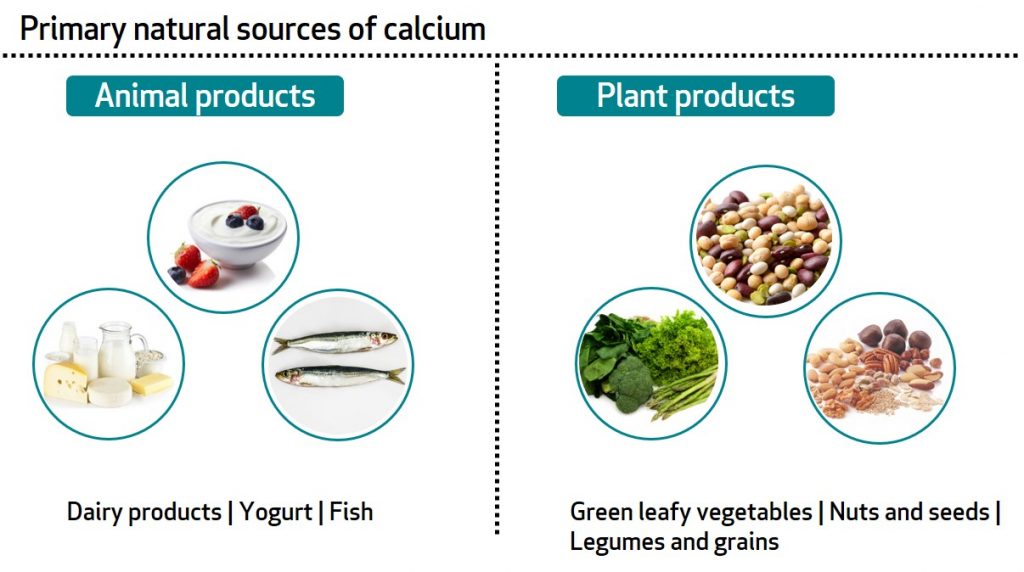









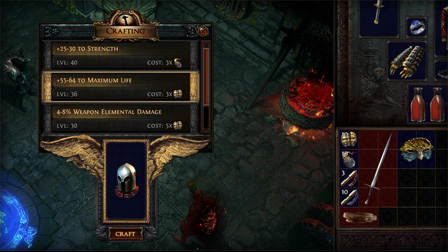
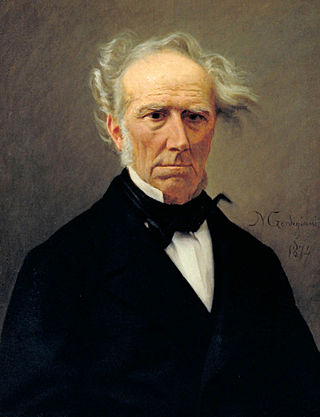
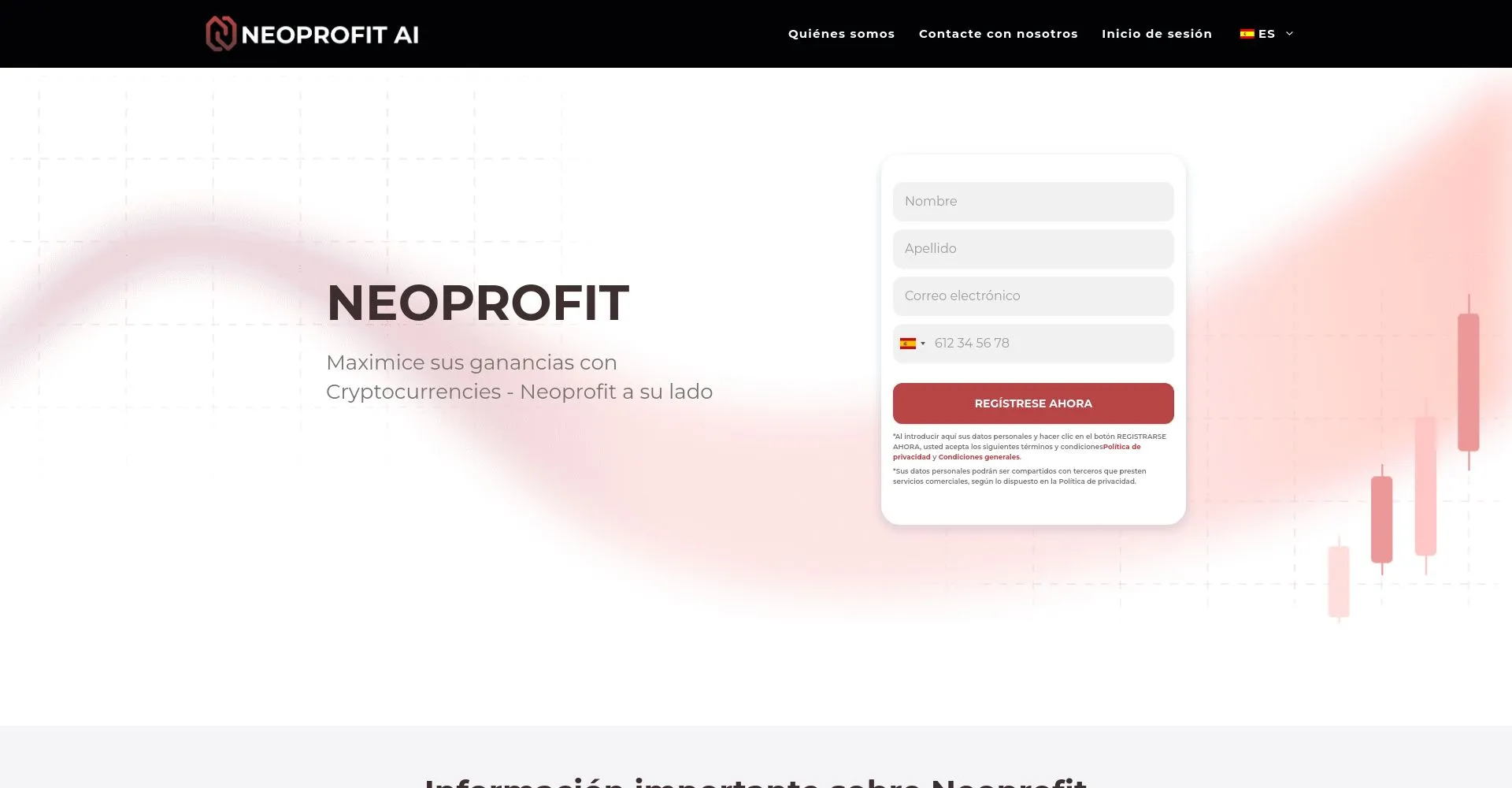






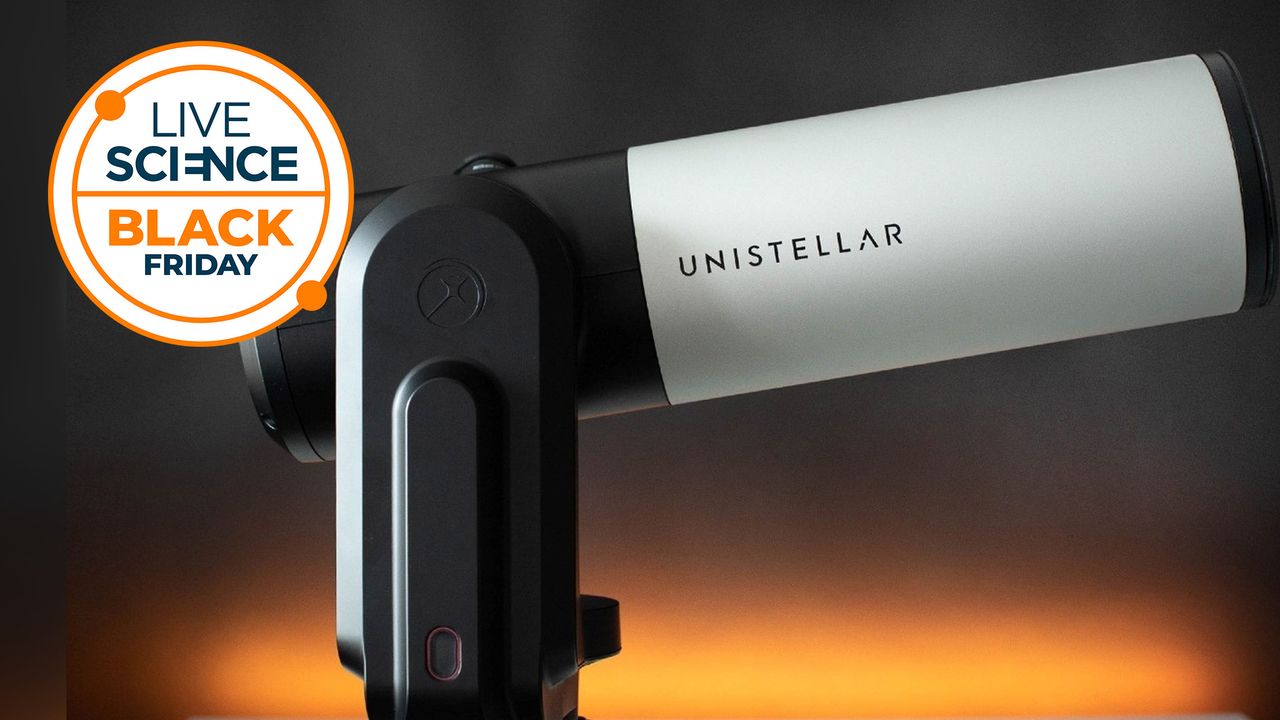

Comments